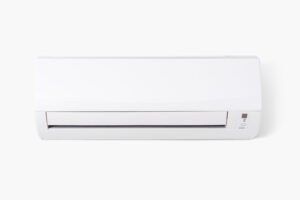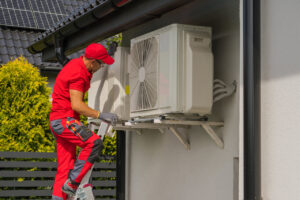
Where to Locate HVAC Safety Switches in Your Home System
Locating HVAC safety switches might not be the first thing on a homeowner’s mind, but it’s essential for the smooth operation and safety of your home system. In Plant City, maintaining a well-functioning HVAC system is vital for dealing with the warmth of the spring and summer months. Ensuring that



